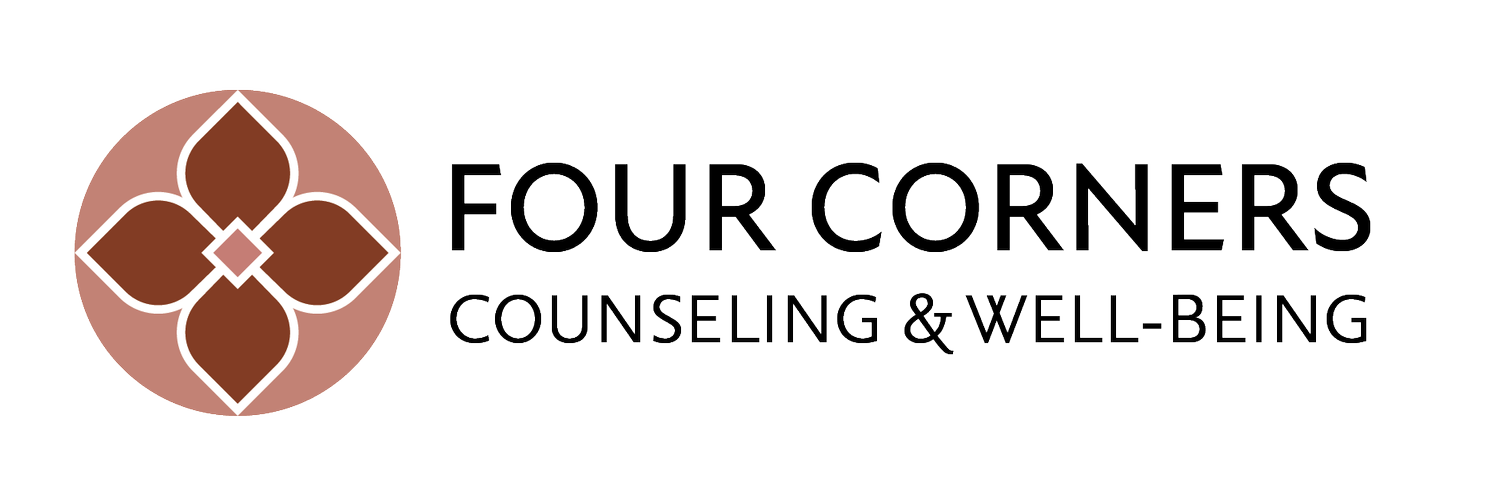A Call for Self-Compassion During Challenging Times
My last year has been rough. Perhaps you can relate.
Trauma, grief, isolation, fear, exhaustion. These are all words that come to mind when I think about the last year. The pandemic has wreaked havoc on many of the aspects of our lives that we previously thought of as consistent, reliable, rock-solid. Having that sense of certainty stripped away has had an unsettling effect on many of us. Neurobiologically, we are drawn to predictability and regularity. Our brains will often interpret consistency as safety and inconsistency as a potential threat. So you can imagine what more than a year of uncertainty has done to our collective nervous systems.
If this resonates with you, I’d like to offer a few very simple suggestions that might help to reduce the wear and tear on your nervous system. Nothing too complicated. Just a few self-compassion life hacks I’ve found that can help promote a shift away from feeling overwhelmed by daily stressors toward a willingness to lean into daily stressors.
First thing’s first: never underestimate the power of slowing down. When our threat response is engaged, our capacity to think clearly becomes diminished and time can feel extremely pressurized. Pause and take three deep breaths. No need to overthink this. Just slowly inhale through your nose with your mouth closed and slowly exhale with your lips slightly pursed so you can feel the air pressing against the back of your lips on its way out. If you have time to do this even once, it’s likely a sign that your life is not in imminent danger and it signals to your nervous system that it can potentially downshift into a less heightened state of arousal. If you don’t have time to do this, then it’s likely that your threat response will have already kicked in and taken over to address the threat.
Now, I recognize that at times we can feel so overwhelmed that even the thought of taking time to pause and breathe seems like too much. I just want you to know: that’s okay. There’s nothing wrong with you. That’s just where you are at that moment. It can be helpful at those times to remember that even the smallest shift can reduce your feeling of overwhelm. Some options are saying to yourself something similar to what I just said: “It’s okay to feel this way.” Or you might try “This really sucks right now.” For added effect you can try placing your hand gently over your heart or softly cupping your cheek while speaking to yourself in this way. This doesn’t change the facts of the situation. It just might change the way you treat yourself in the midst of the situation.
Lastly, you might try faking a smile. Seriously. Even if it feels stupid or goes completely counter to your current mood. Several studies have shown that when the same muscles in our face are engaged that make us smile, even if we’re not actually smiling, our brain releases neurochemicals related to feelings of positivity. If you don’t believe me, give it a try right now. Just allow the corners of your mouth to lengthen for 10 seconds and see what happens. Or even better, pretend that you are a mischievous child plotting a prank on an unsuspecting adult who has slighted you in some way. It’s not going to solve anything, but that’s not the point. It’s more about helping to make those minor shifts in your perspective to disconnect a bit from feeling overwhelmed.
Self-compassion is not sugar-coating things or letting yourself off the hook from getting things done. It is merely being kind to yourself in the absence of kindness in the environment around you. And if your last year was anything like mine, it’s very likely that you could benefit from some added kindness in your life.
Be well and please, remember to breathe.
Kyle Wehrend is currently available for teletherapy and looks forward to working with new clients. Please call 301.960.8960 to book an appointment.


